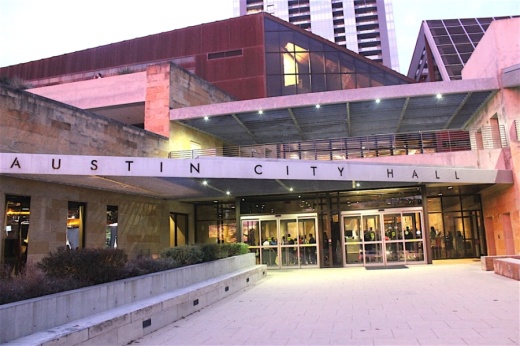A group of Austin property owners sued the city late last year, arguing against the government’s position that property owners are not afforded protest rights during the process of a comprehensive overhaul of the land development code. On March 18, as the coronavirus began inflicting significant harm on the community, Judge Jan Soifer ruled in favor of the property owners.
In the weeks leading up to the ruling, City Council had the necessary votes in place and was preparing to make its third and final affirmative vote on the latest draft of the land development code rewrite, capping off what had been the political pressure point in the community for eight years. As concern over the coronavirus grew, the city indefinitely postponed the third vote to focus on the pandemic. Then, two days later, Soifer issued her ruling, invalidating council’s first two votes and sent the rewrite back to square one.
Giving property owners the right to protest means City Council would have to pass the land development code with a three-fourths majority, or nine votes. Throughout the voting process, the prevailing voting block was 7-4, with Council Members Leslie Pool, Kathie Tovo, Alison Alter and Ann Kitchen in the minority.
On April 9, at the height of the coronavirus pandemic thus far, City Council voted to appeal Soifer’s ruling. The same four council members voted against the move to appeal, saying they supported the judge’s ruling.
Kitchen said it was “not the right time” to pursue an appeal, as it would divert city resources. Alter agreed, calling this the wrong time to “fight our residents in court.” By law, the city has until April 17 to appeal the ruling.
Mayor Steve Adler voted in favor of the appeal but said he wants the council’s energy and focus to be centered on crafting a land development code rewrite that finds the needed nine supporting votes.





